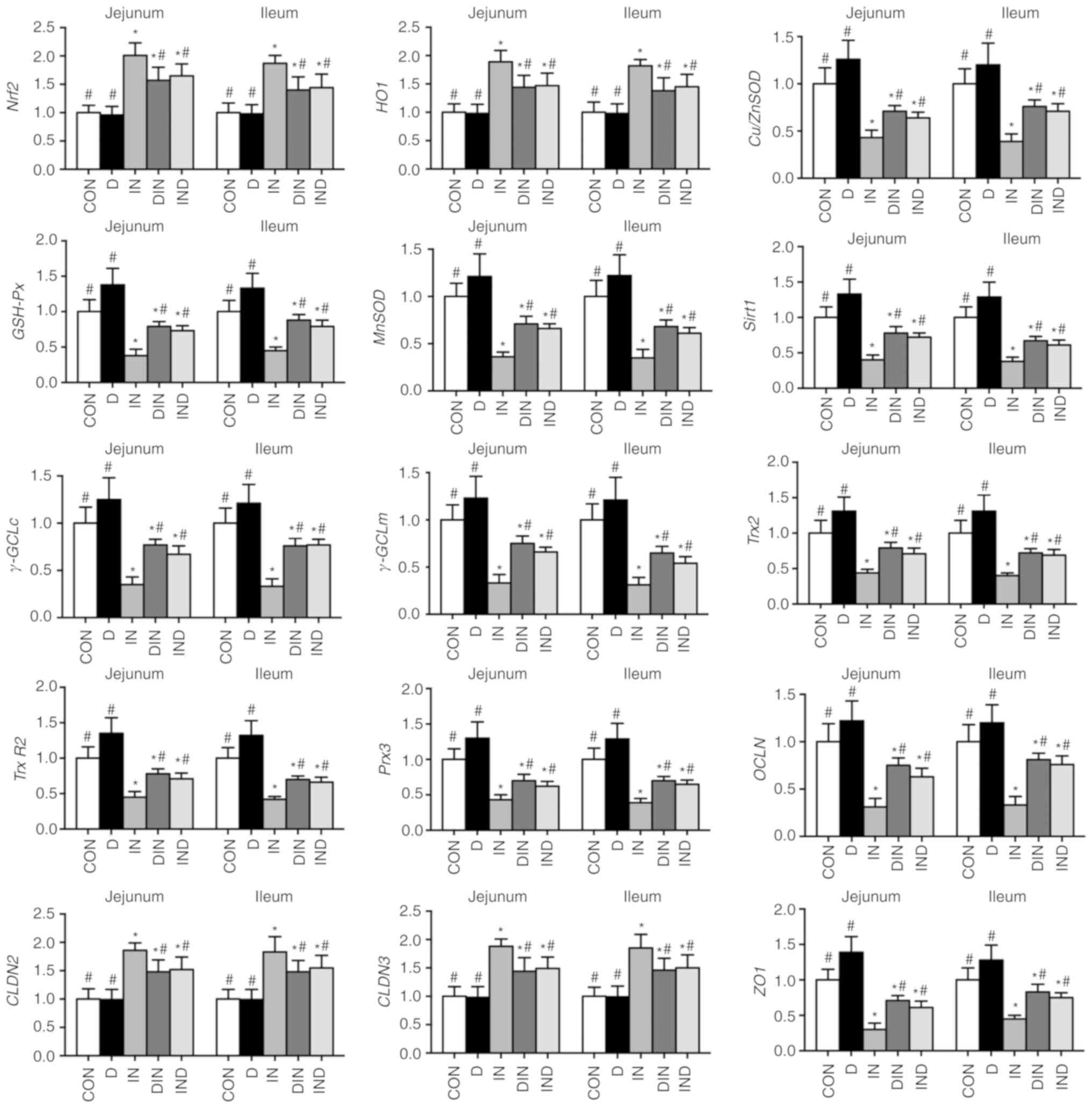

Pathway, suggesting DMG, as a methyl donor, is rapidly digested andĪbsorbed, resulting in the body needing more ATP and inevitably Subsequently promoting the digestion and absorption of nutrients inīiological consumption of choline is reduced in the metabolic Intestinal brush border to come into contact with nutrients, Increase digestive enzyme capacity and enhance the ability of the Showed that DMG is a small water-soluble lipophilic molecule thatĮffectively enters the body via the cell membrane and is absorbedīy the intestinal cells, which improves the utilization of oral DMG
DMG MEDICAL ABBREVIATION FREE
System and relieves oxidative damage by scavenging excess free The basis for a study on the clinical risks of small intestineĭimethylglycine (DMG) improves the body's immune Mucosal damage to the gastrointestinal tract, and this was used as Subcutaneous injection of indomethacin in mice results in serious Potential and disruption of mitochondrial function ( 3). State, leading to a decrease in the mitochondrial membrane The excessive generation of ROS results in an imbalanced redox cell Synthesis of ROS, thus making them sensitive to oxidative damage.

Triphosphate (ATP) by respiration, which is accompanied by the Mediate tissue damage and cause the release of inflammatoryĬytokines ( 1, 2). In an increase in the level of reactive oxygen species (ROS), which Oxidative damage is caused by an imbalance between theĪntioxidant system and the generation of free radicals, resulting Small intestinal damage has an adverse effect on the overall health It is well-known that the small intestine is theįirst organ to be affected when oxidative damage occurs, and acute Further study is required to determine the specific mechanism by which pretreatment and treatment with DMG‑Na reduced small intestinal damage. The above results suggested that pretreatment and treatment with DMG‑Na reduced oxidative damage by enhancing antioxidant capacity, increasing the expression of antioxidant‑associated genes, ameliorating mitochondrial dysfunction and suppressing apoptosis. The antioxidant system was enhanced, oxidative damage was reduced, and the expression of antioxidant‑associated genes was increased in the small intestine and its mitochondria in the DIN and IND groups, compared with the IN group. The histological morphology of the small intestine improved (P<0.05) in the DIN and IND groups, compared with the IN group. The present study was evaluated the effects of DMG‑Na on mice intestinal damage induced by indomethacin injection. A total of 100 male Kunming mice were randomly assigned to five groups (n=20 per group): i) Mice gastric intubation with 0.3 ml sterile saline solution (once), then subcutaneously injected with sterile saline solution (0.5 ml) after 1 h (CON) ii) mice gastric intubation with 12 mg DMG‑Na/0.3 ml of sterile saline solution once, then subcutaneously injected with sterile saline solution (0.5 ml) 1 h later (D) iii) mice gastric intubation with 0.3 ml sterile saline solution once, then subcutaneously injected with indomethacin (10 mg/kg BW) 1 h later (IN) iv) mice gastric intubation with 12 mg DMG‑Na/0.3 ml sterile saline solution once, then subcutaneously injected with indomethacin (10 mg/kg BW) 1 h later (DIN) and v) mice subcutaneously injected with indomethacin (10 mg/kg BW), then gastrically intubated with 12 mg DMG‑Na/0.3 ml sterile saline solution once after 1 h (IND). The present study aimed to evaluate the protective effects of DMG‑Na against oxidative damage and mitochondrial dysfunction in the small intestines of mice. Few studies have investigated the use of dimethylglycine sodium salt (DMG‑Na) to protect against small intestinal damage, despite its prevalence in the treatment of human diseases.


 0 kommentar(er)
0 kommentar(er)
